It’s really important to look after your child’s teeth. You may wonder why, when their milk teeth will fall out anyway, but milk teeth can still get infected and cause pain if you don’t look after them. So it’s best to get into a good to get into a toothbrushing routine right from the start to avoid any problems. This page explains what you need to know to keep those pearly whites gleaming.
Children usually start teething at around six months. You can find out more about teething here.
When should I register my child with a dentist?
It’s a good idea to register your child with a dentist as soon as their first tooth appears (or before, if you’re really organised). NHS Inform provides a list of numbers to call for each health board. Your health visitor can also advise you on how to access dental services.
When should we start with toothbrushing?
Once your child’s first tooth has come through, you’ll also need to start brushing twice a day, last thing at night and at least once during the day with a fluoride toothpaste. Fluoride helps build strong tooth enamel, to help stop decay – you can read more about it on the NHS Inform website. You’ll find a toothbrush in your Baby Box.
You might find that a good time for toothbrushing is playtime or bathtime. Always supervise toothbrushing and never leave a baby or small child alone with a toothbrush or toothpaste.
If toothbrushing doesn’t go down so well, you can find tips for helping your wee one brush their teeth here.
Are there any foods we should avoid?
To protect your baby’s or child’s teeth, it’s important to choose foods without added sugar. Sugar is the main cause of tooth decay, so don’t give your baby or child sugary snacks, especially between meals. Giving babies sugary foods can also encourage them to have a preference for sweet foods as they grown up, leading to further tooth decay, so it’s best to start as you to mean to go on.
It’s also best to avoid sugary drinks. Children under 6 months should only have milk, and children under one should only have milk or water.
Our pages on sugar and healthy snacking have handy tips on swapping in healthier alternatives for older children.
Why are first teeth important?
You might be wondering why first teeth are so important, given they fall out eventually! But they’re actually really important in helping your child learn to talk, eat and of course to smile. It’s also important that your child’s first teeth stay in their mouth until they fall out naturally, because these teeth maintain the space available for their adult teeth, which are developing underneath. If they lose their first teeth too soon, this can lead to overcrowding when their adult teeth appear. This may lead to the child needing orthodontic treatment in later years.
What is Childsmile?
Childsmile is a dental programme designed to ensure you get the support you need from the moment your child’s born, to give their teeth the best possible start. The programme makes sure you get the right help you need at home as well as at the dentist, to keep your baby’s teeth healthy.
You’ll first hear about Childsmile from your health visitor or public health nurse. They’ll introduce you to the programme and can arrange for a dental health support worker to contact you, or direct you to a Childsmile dental practice.
Every child will receive a free dental pack containing a drinking cup, a toothbrush and at least 1000 ppm fluoride toothpaste with oral health messages.
At Childsmile nurseries, children are supervised to brush their teeth every day.
For more information on keeping your children’s teeth healthy, visit the Childsmile website and follow Childsmile on Twitter.
 Activities & Play
Activities & Play Behaviour
Behaviour Childcare
Childcare Development & Growing Up
Development & Growing Up Family, Friends & Relationships
Family, Friends & Relationships Feeding Your Baby
Feeding Your Baby Food & Eating
Food & Eating Health & Safety
Health & Safety Mental Health & Wellbeing
Mental Health & Wellbeing Money & Work
Money & Work Online Behaviour & Safety
Online Behaviour & Safety Pregnancy & First Days
Pregnancy & First Days School & Education
School & Education Sleep
Sleep

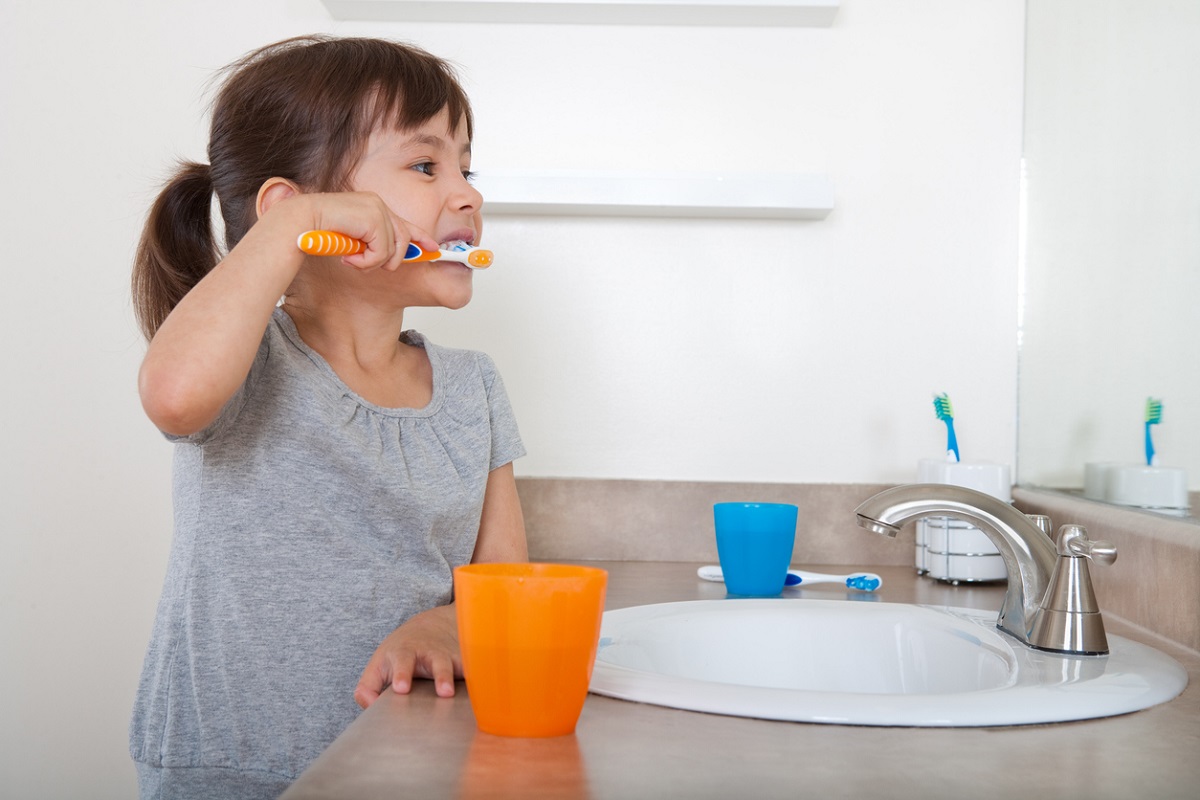
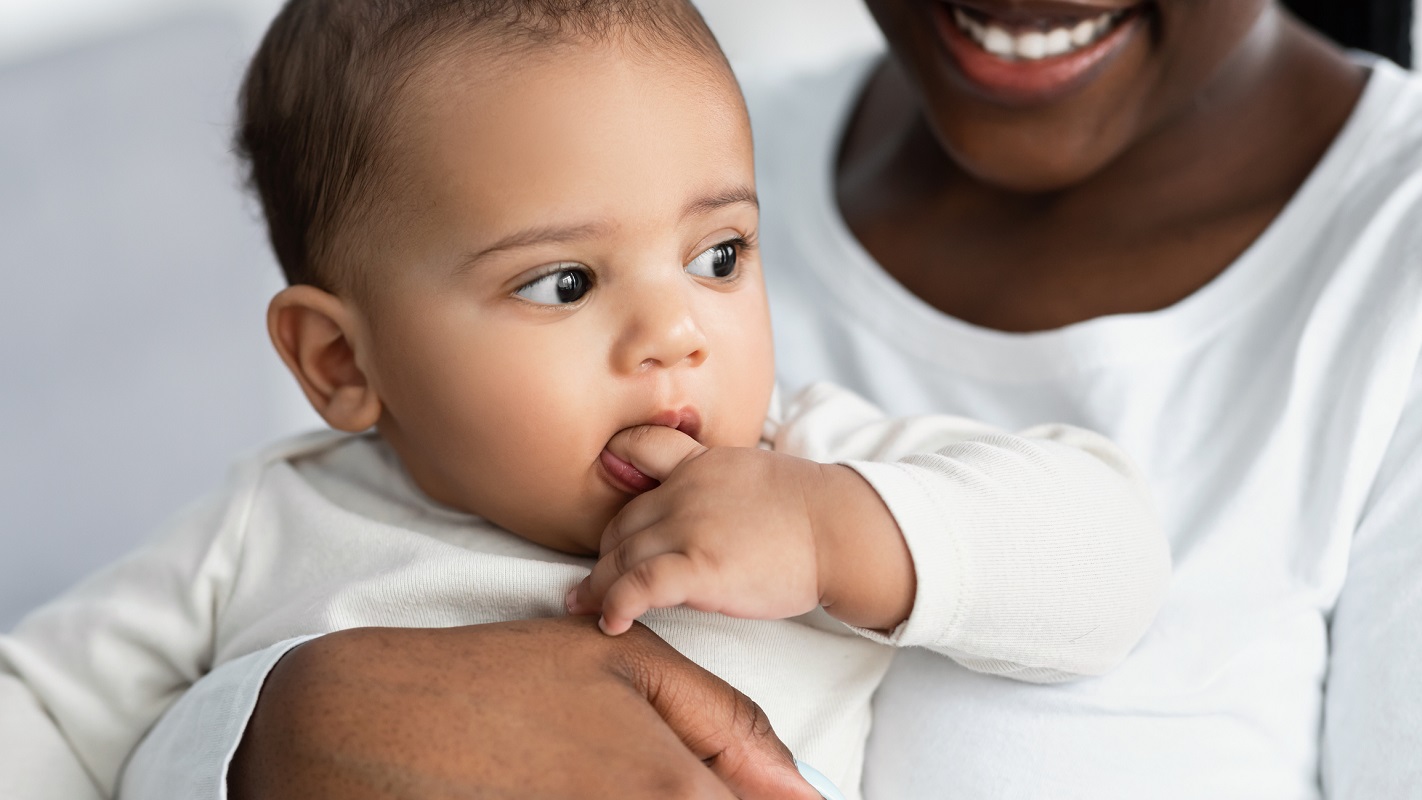
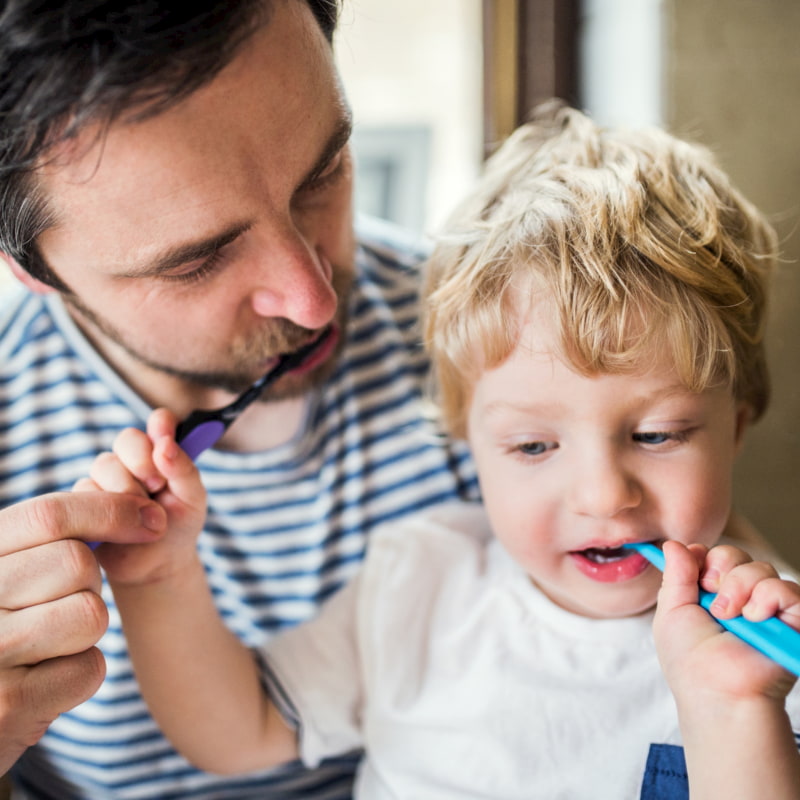
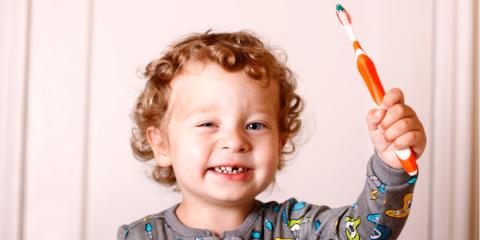

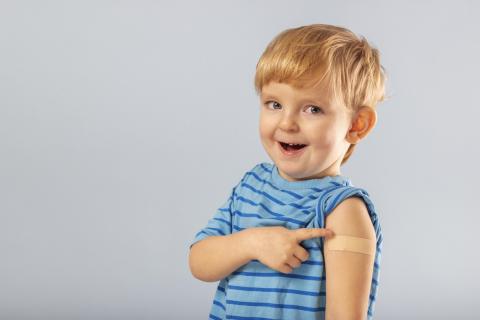

 Mental Health & Wellbeing
Mental Health & Wellbeing
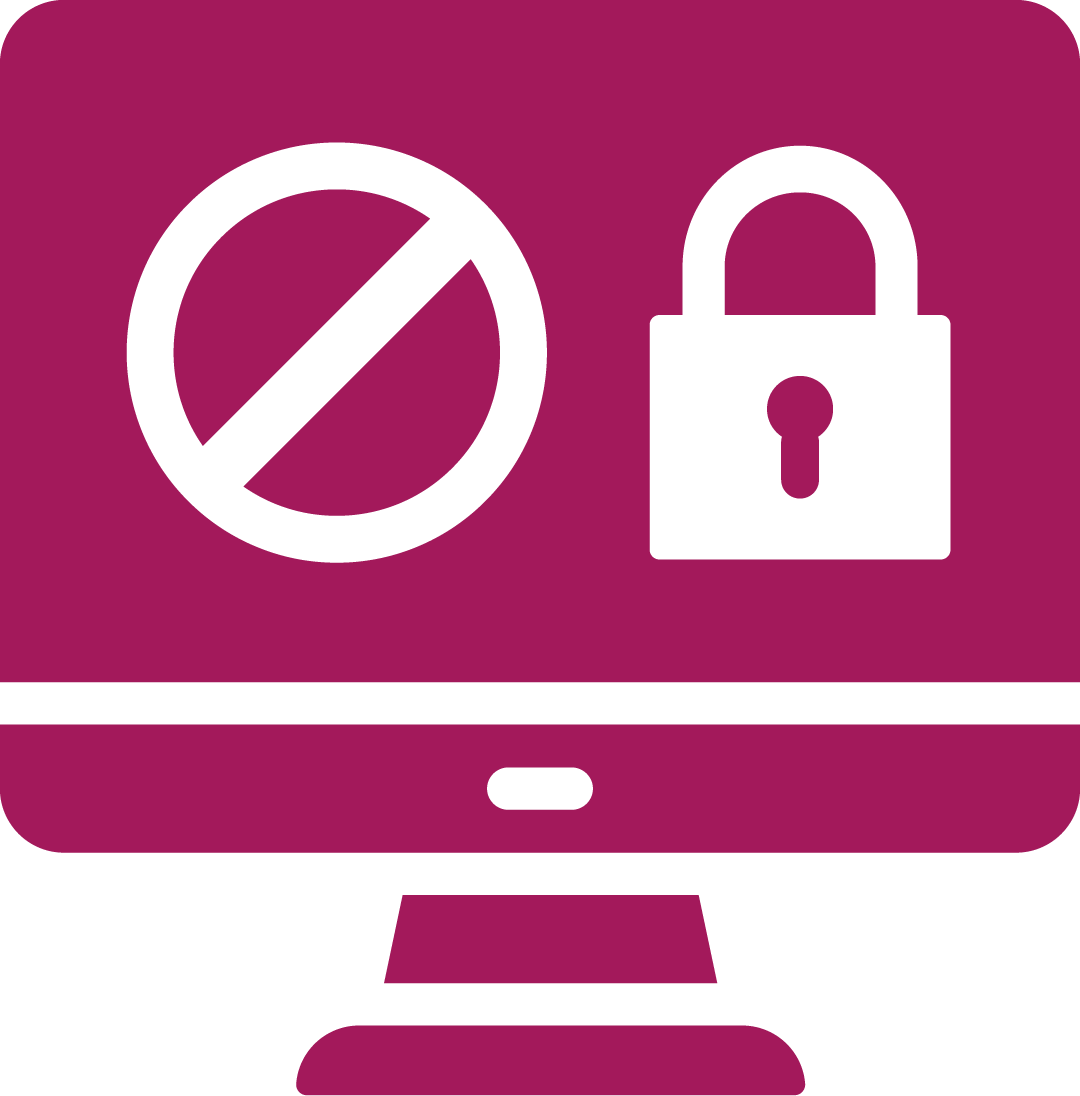 Online Behaviour & Safety
Online Behaviour & Safety